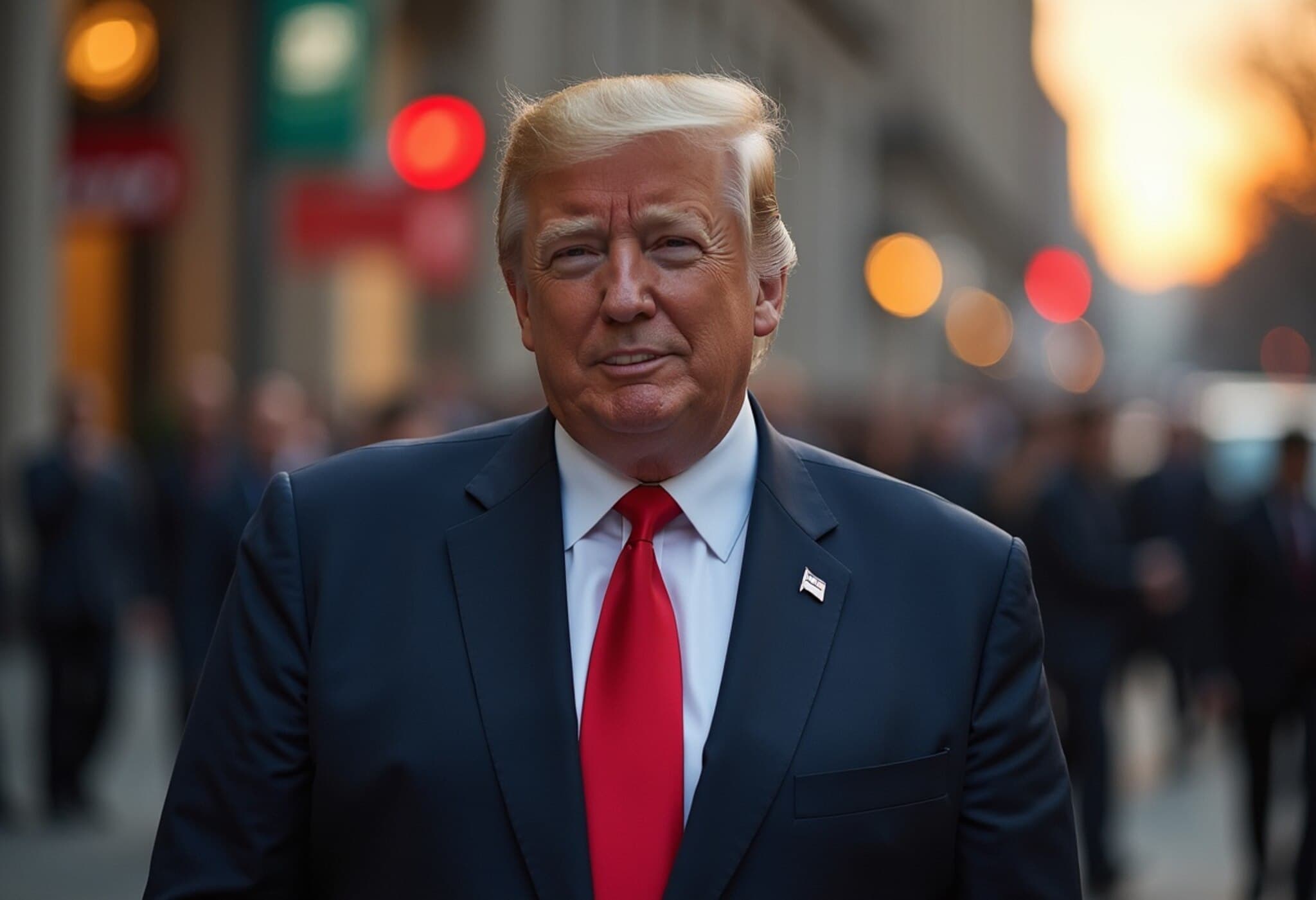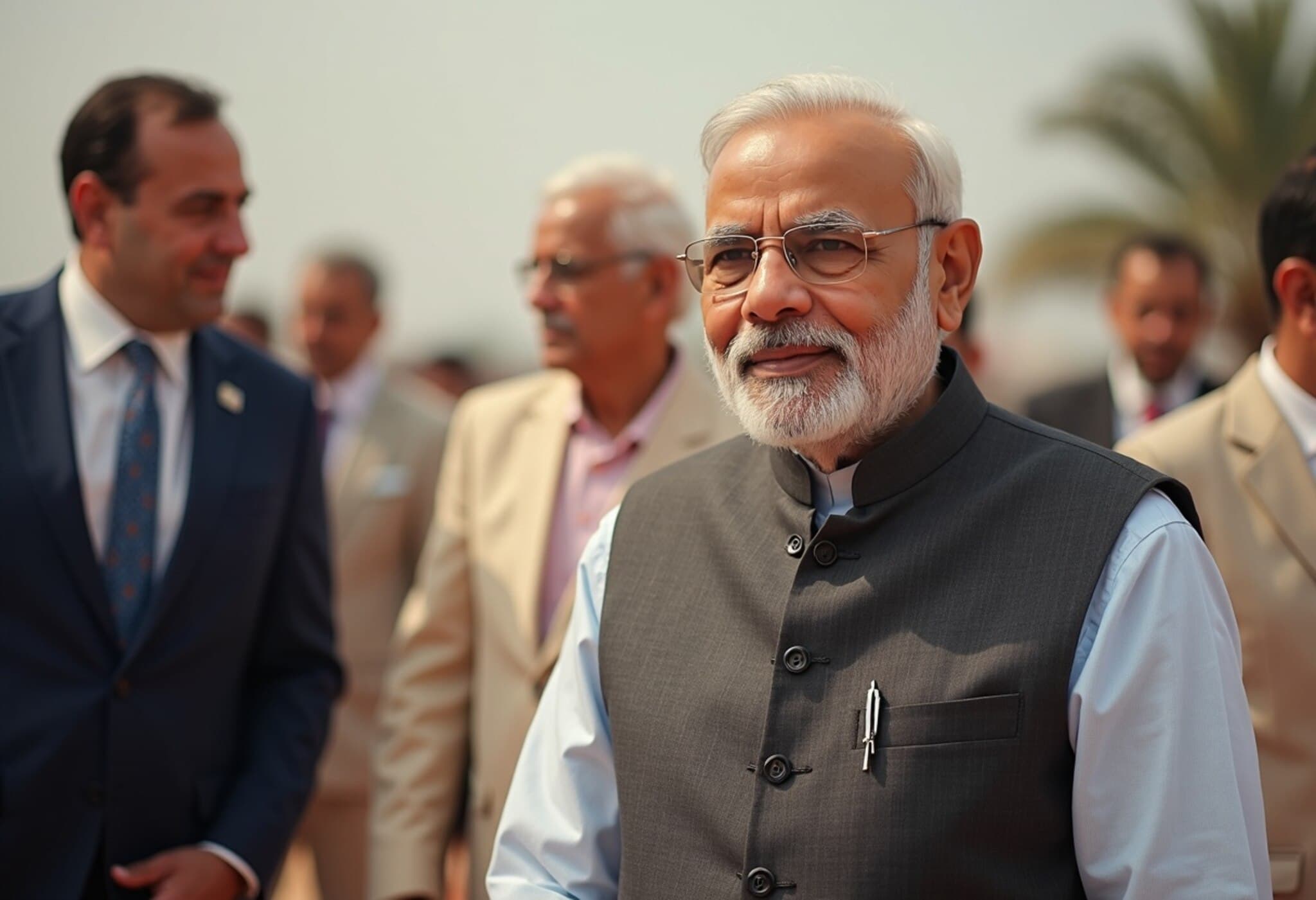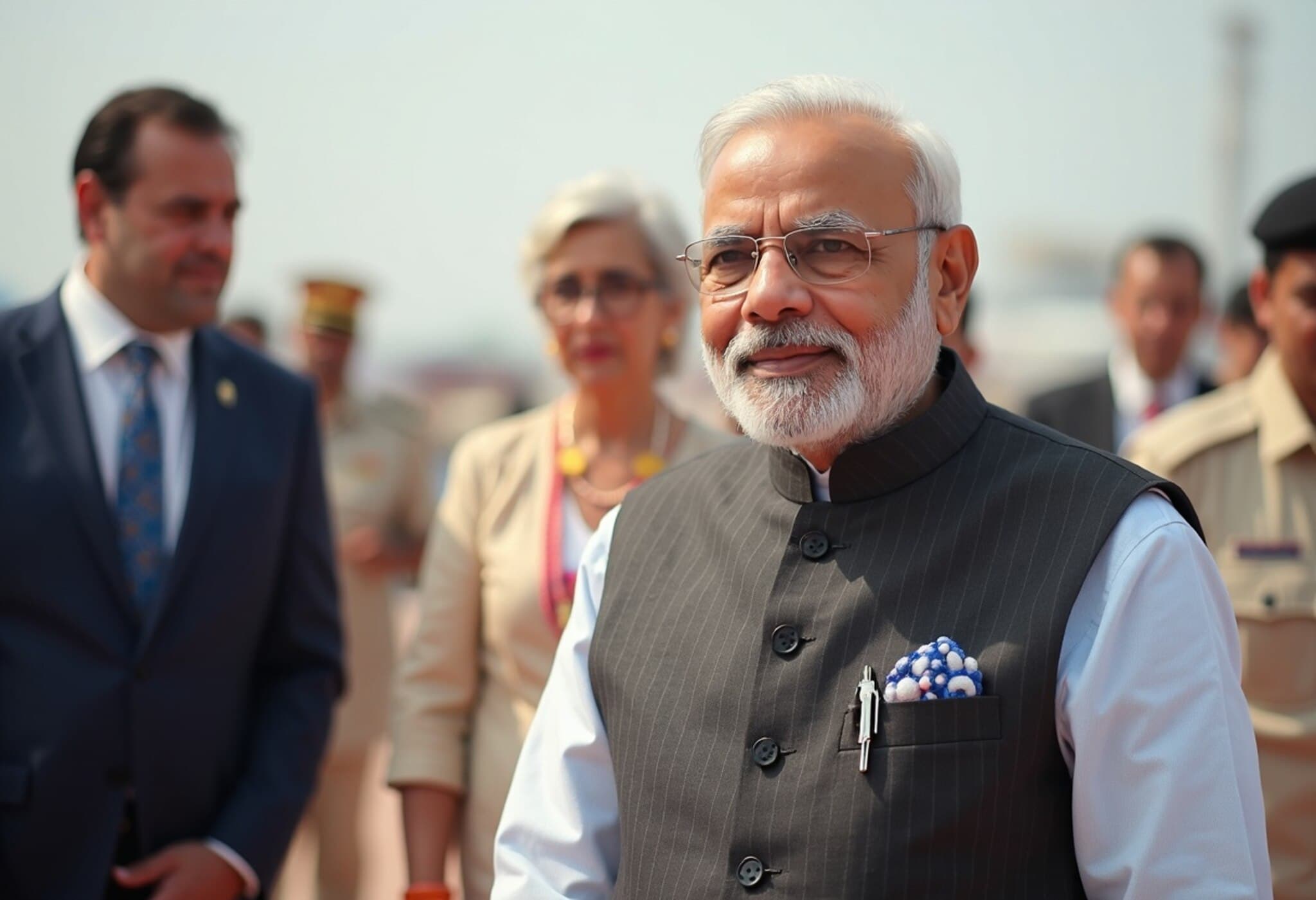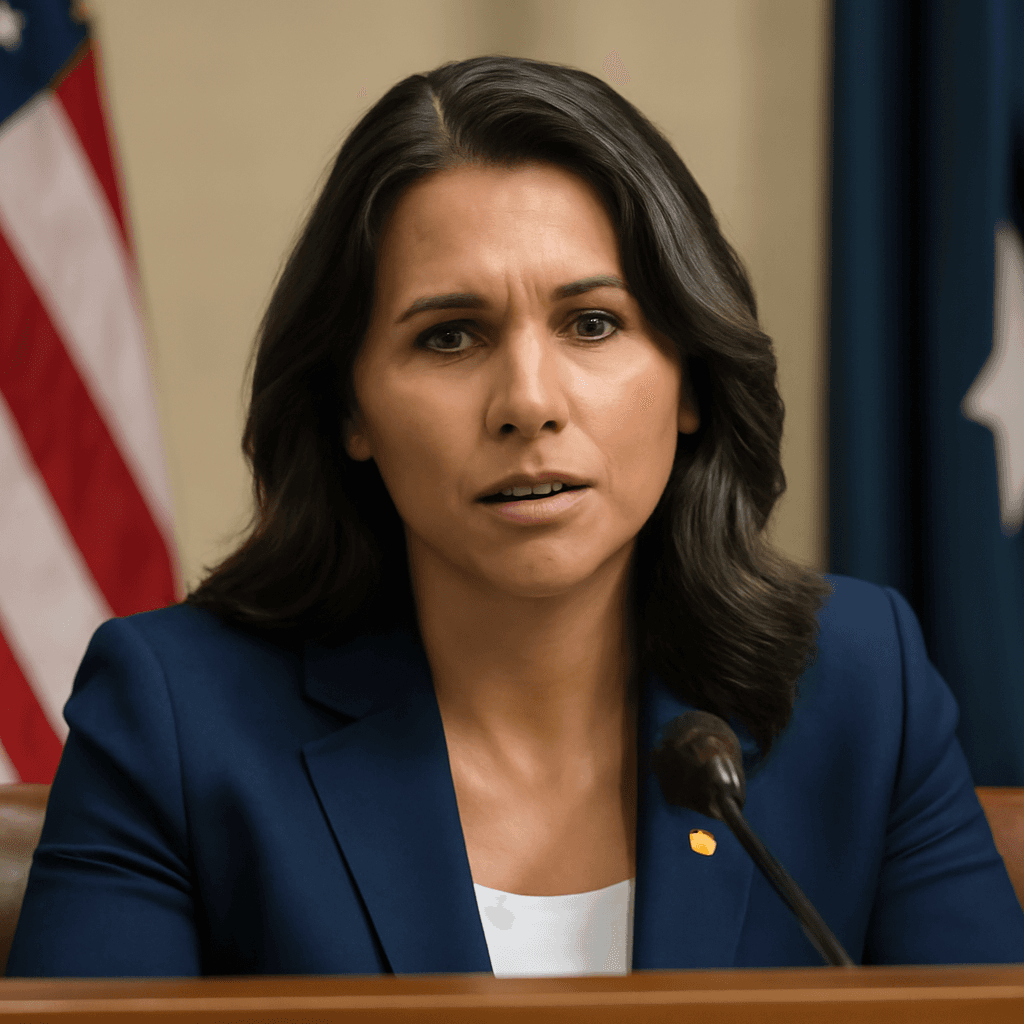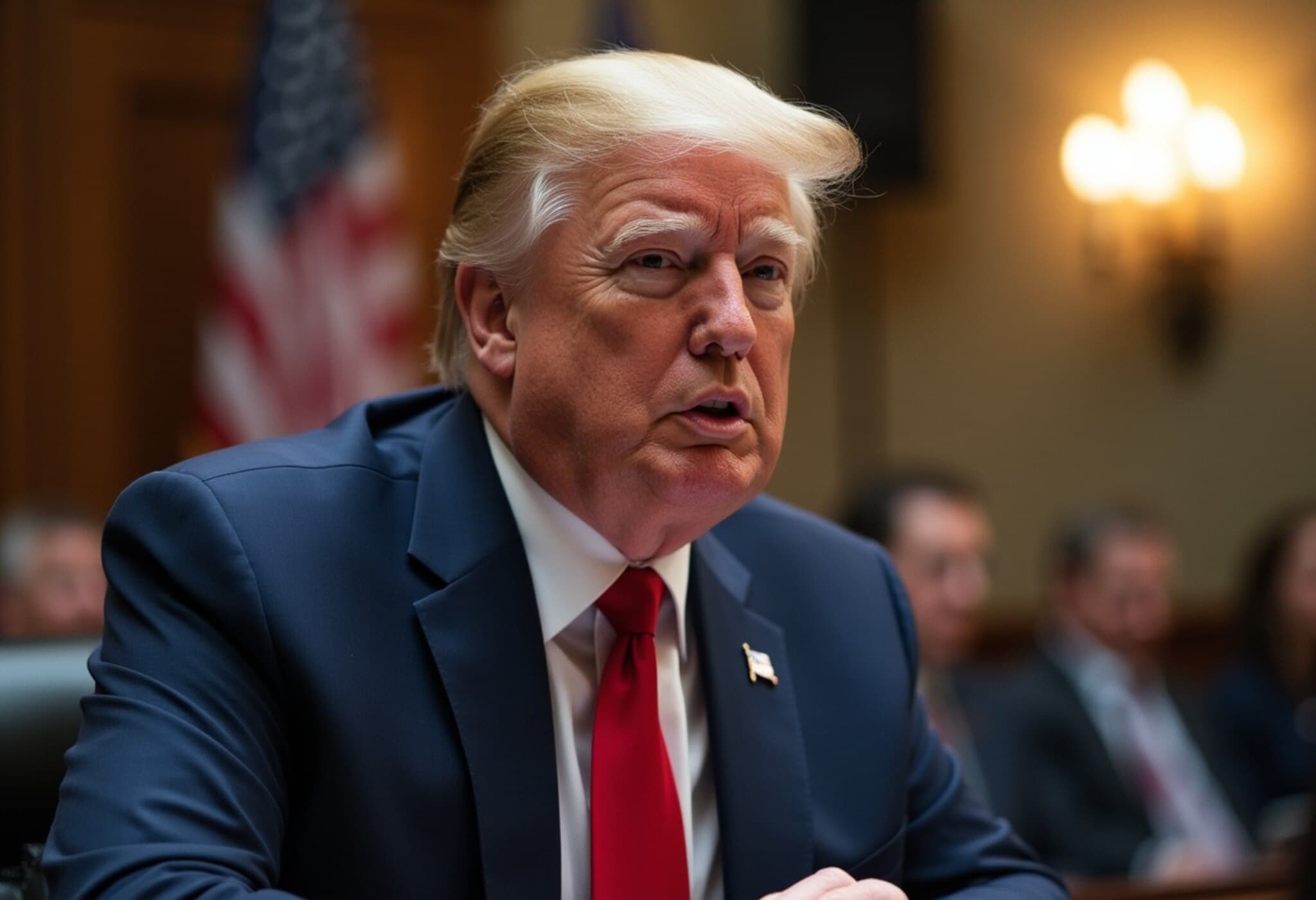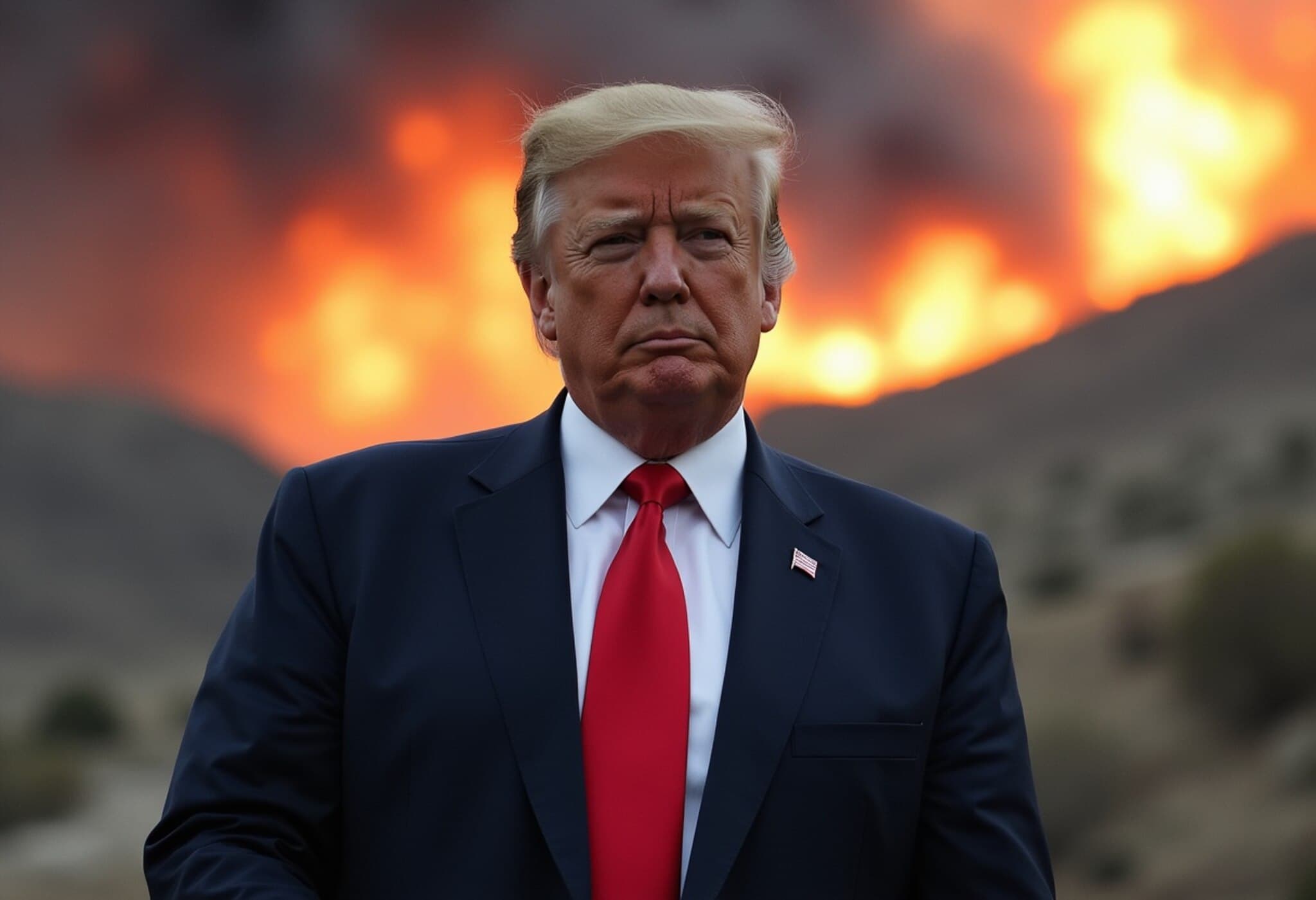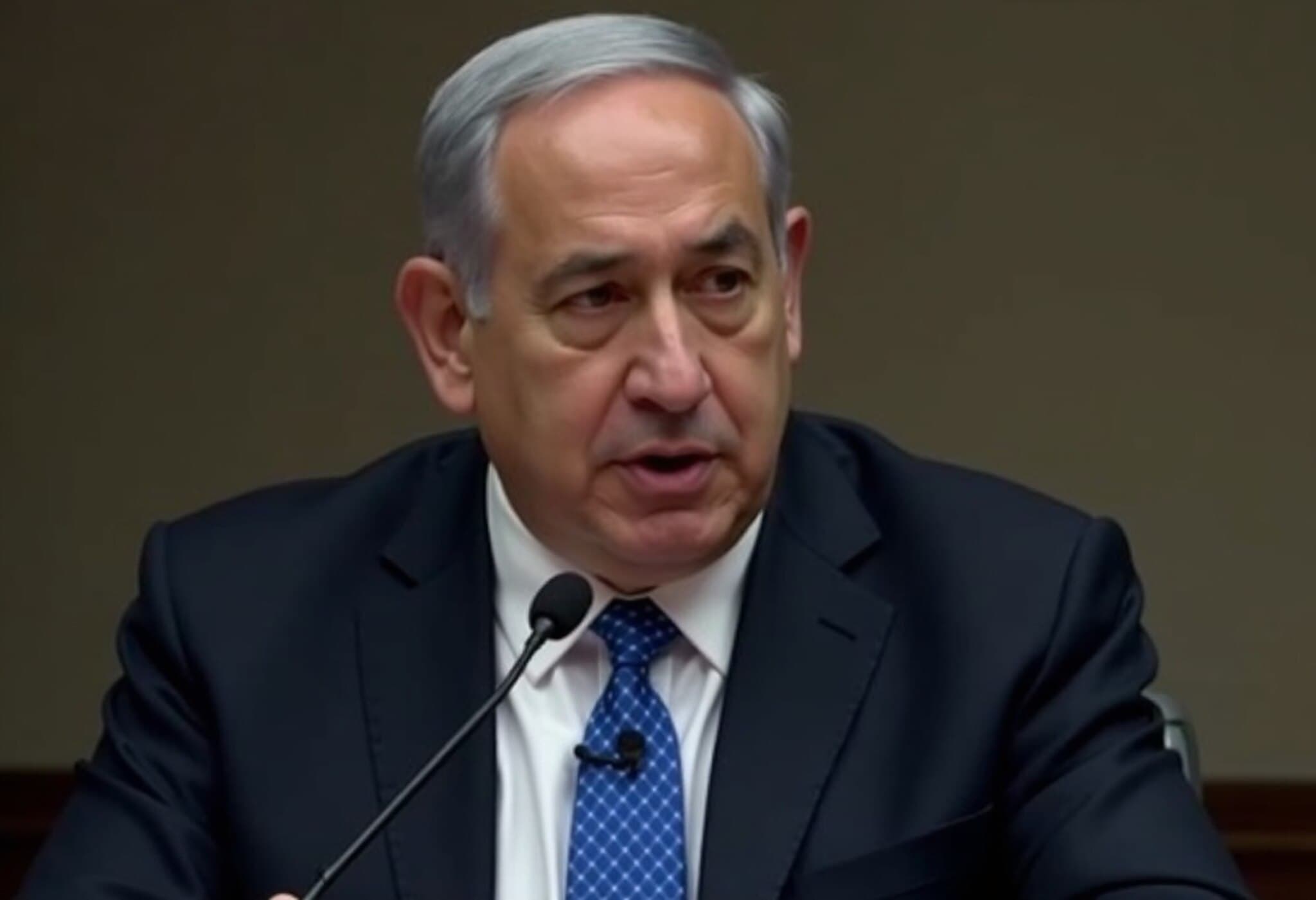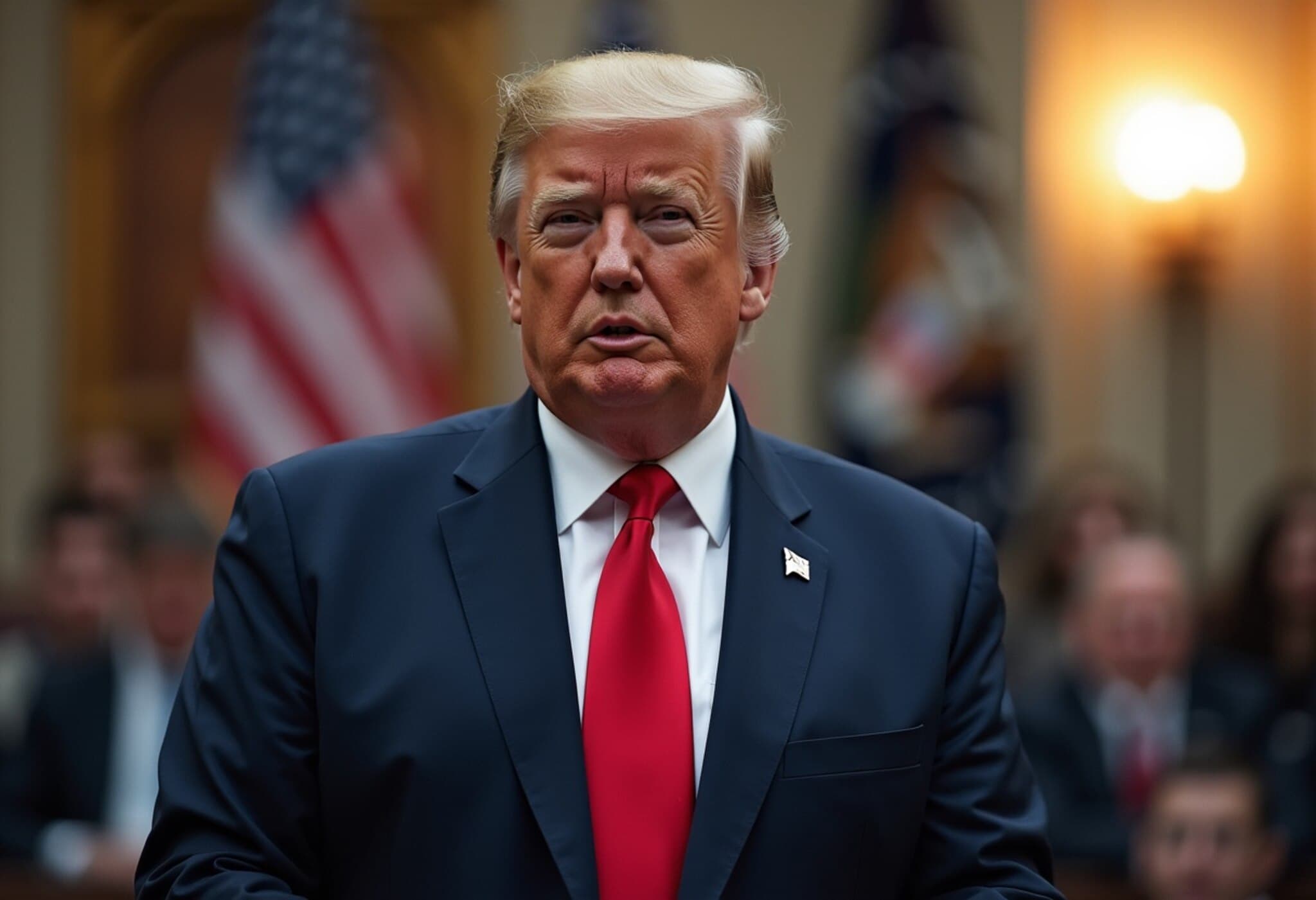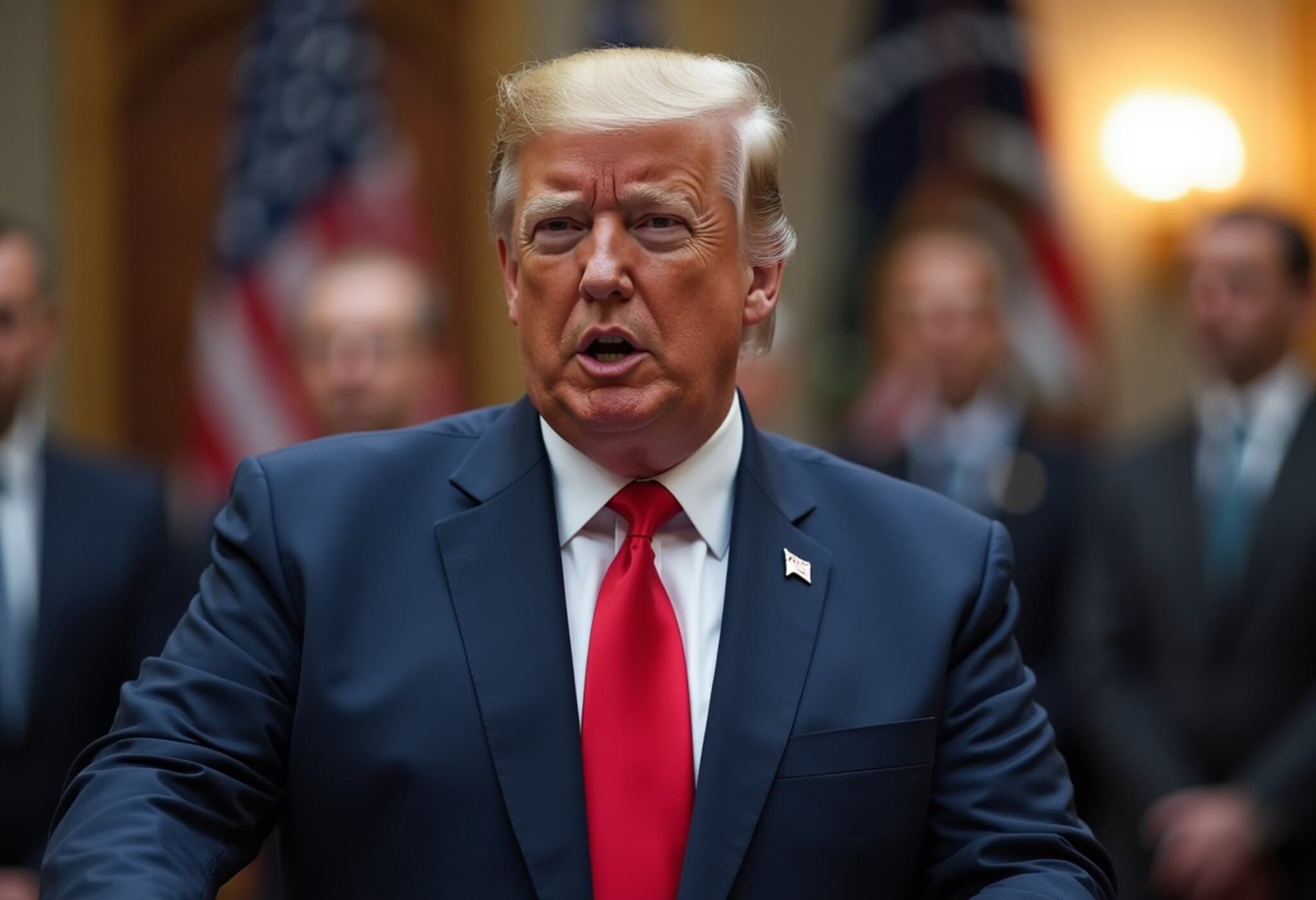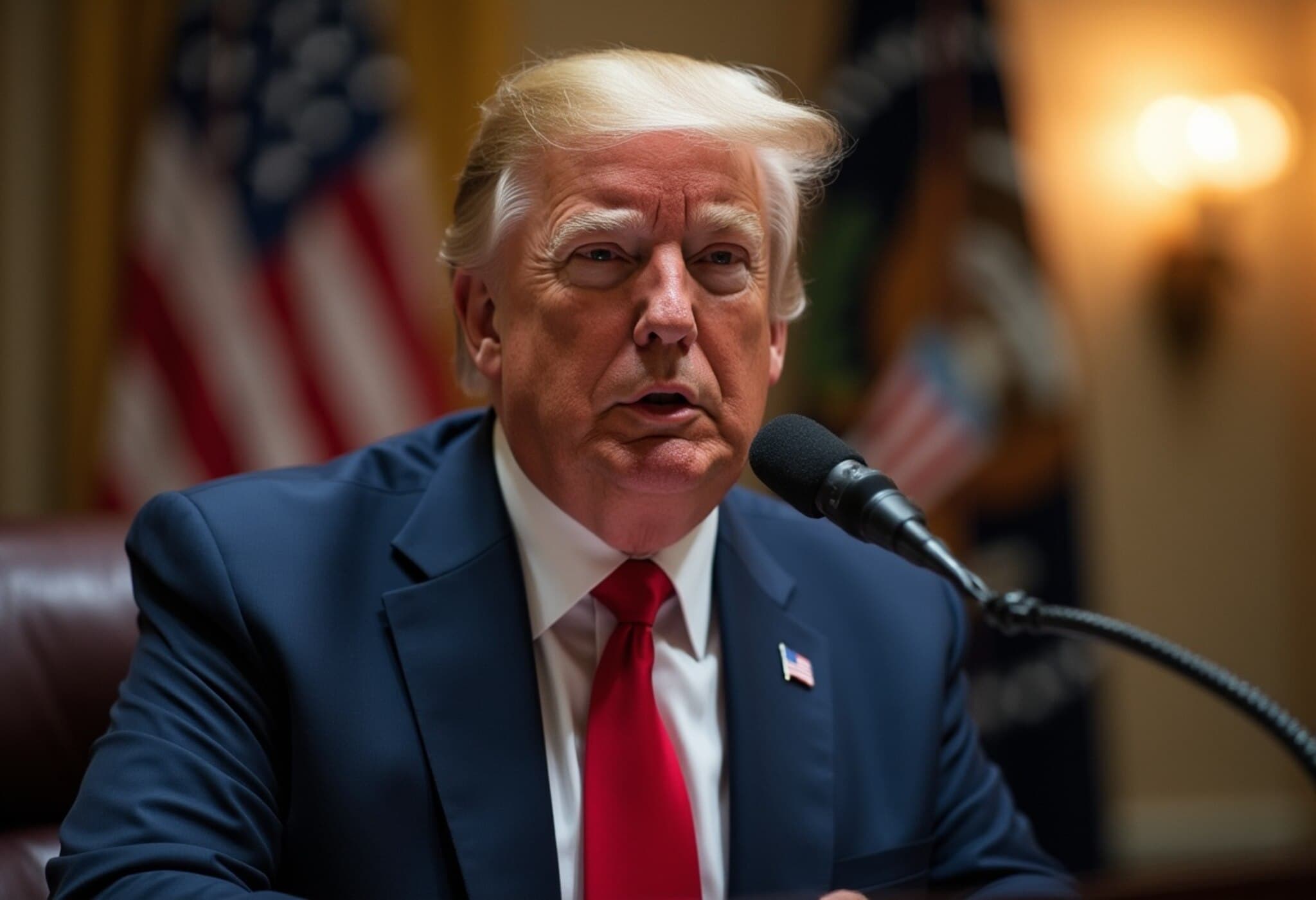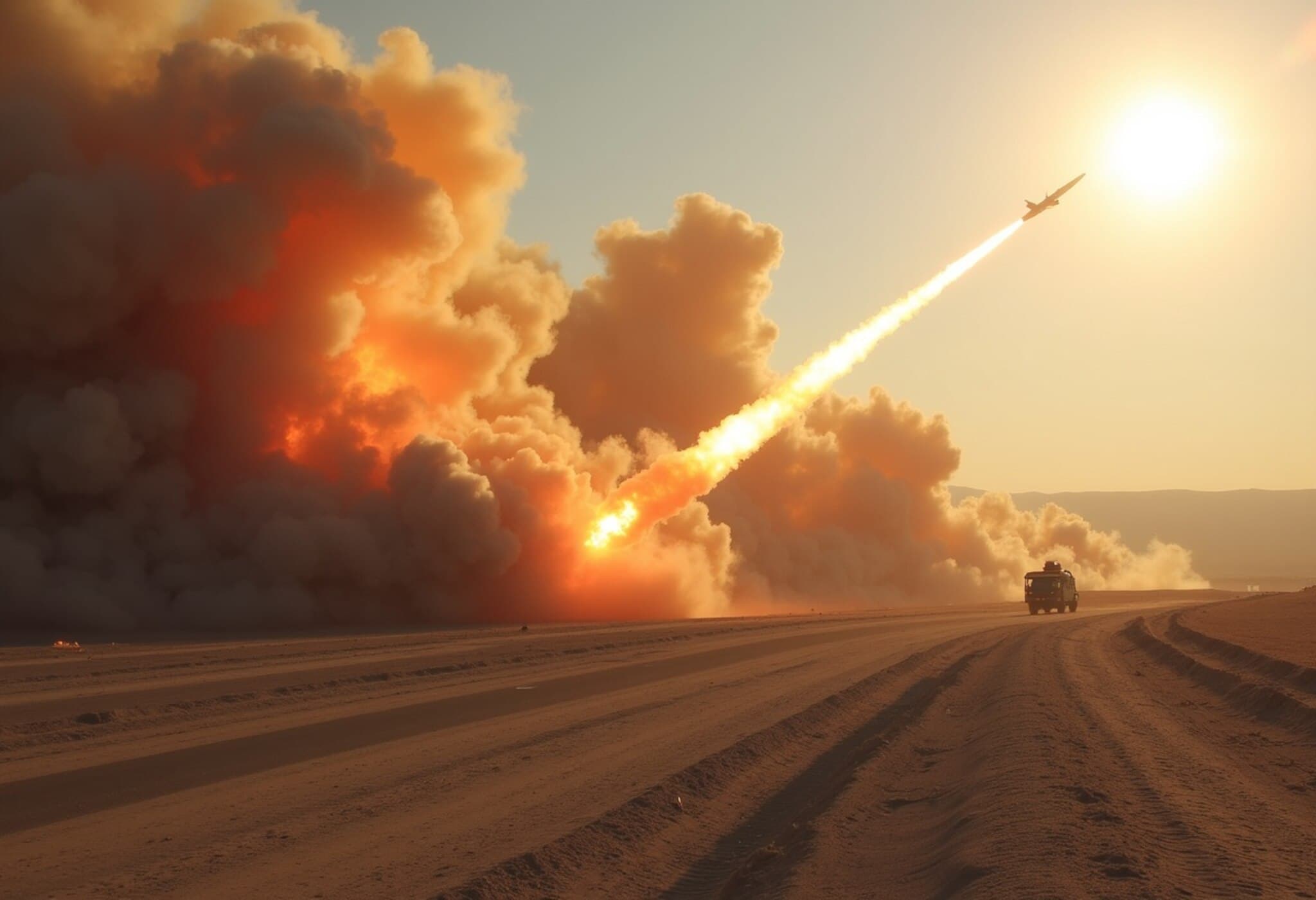Trump Challenges Medvedev’s Nuclear Allegation on Iran
On Monday, former President Donald Trump sharply criticized Dmitry Medvedev, Russia’s former president and current deputy chairman of the Security Council, following Medvedev’s controversial statement alleging that several countries stand ready to supply Iran with nuclear warheads. This claim came in the wake of recent U.S. airstrikes targeting key Iranian nuclear facilities.
Trump Questions Medvedev’s Statement
Addressing the allegations on social media, Trump expressed skepticism, asking, “Did he really say that or, is it just a figment of my imagination?” He urged to be informed immediately if Medvedev’s claim was confirmed.
While rebuking the casual use of the "N word" — referring to nuclear weapons — Trump simultaneously took pride in America’s military strength, particularly highlighting U.S. nuclear submarines as the most powerful and lethal weapons ever built.
In his message, Trump remarked, “By the way, if anyone thinks our ‘hardware’ was great over the weekend, far and away the strongest and best equipment we have, 20 years advanced over the pack, is our Nuclear Submarines. I guess that’s why Putin’s ‘THE BOSS.’”
Medvedev Downplays U.S. Strikes, Claims Iran Will Continue Nuclear Efforts
Medvedev dismissed the impact of the U.S. airstrikes on Iranian nuclear infrastructure, suggesting the damage was minimal and warning that Iran’s nuclear weapons production will persist. He further asserted that multiple countries are prepared to directly supply Iran with nuclear warheads in response to American actions.
Additionally, Medvedev criticized Trump for dragging the United States into a conflict that, according to him, lacks broad international support, sarcastically noting that such moves make it unlikely for Trump to ever earn a Nobel Peace Prize.
International and U.S. Reactions
The International Atomic Energy Agency (IAEA) reported no significant increase in off-site radiation levels following the strikes, casting some doubt on the extent of Iran’s nuclear damage.
Meanwhile, Vice President JD Vance, during a Sunday interview, declined to confirm the complete destruction of Iran’s nuclear sites but maintained that the U.S. had substantially set back Iran's nuclear program.
Russian President Vladimir Putin condemned the U.S. military actions as “absolutely unprovoked aggression” and emphasized Russia’s efforts to assist the Iranian people amid rising tensions.
Medvedev Clarifies Russia’s Position Amid Speculation
Following Trump’s response, Medvedev clarified that Russia has no plans to supply nuclear weapons to Iran, although he reiterated his claim that other countries might be willing to do so.
What’s Next in the Nuclear Tug-of-War?
- U.S. maintains its stance on curbing Iran's nuclear capabilities after recent airstrikes.
- Russia continues to support Iran diplomatically while denying arms supplies.
- International watchdogs are closely monitoring radiation levels and nuclear activity.
The unfolding discourse highlights escalating geopolitical tensions, with nuclear capabilities and alliances at the forefront of global concerns.

